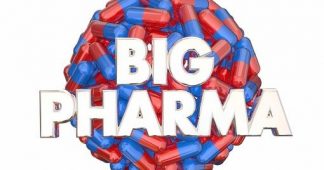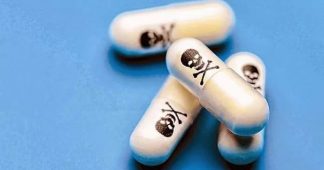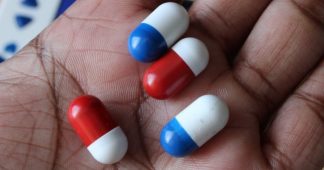By
ADHD NATION
Children, Doctors, Big Pharma, and the Making of an American Epidemic
By Alan Schwarz
Illustrated. 338 pp. Scribner. $28.
In the late 1930s, Charles Bradley, the director of a home for “troublesome” children in Rhode Island, had a problem. The field of neuroscience was still in its infancy, and one of the few techniques available to allow psychiatrists like Bradley to ponder the role of the brain in emotional disorders was a procedure that required replacing a volume of cerebrospinal fluid in the patient’s skull with air. This painstaking process allowed any irregularities to stand out clearly in X-ray images, but many patients suffered excruciating headaches that lasted for weeks afterward.
Meanwhile, a pharmaceutical company called Smith, Kline & French was facing a different sort of problem. The firm had recently acquired the rights to sell a powerful stimulant then called “benzedrine sulfate” and was trying to create a market for it. Toward that end, the company made quantities of the drug available at no cost to doctors who volunteered to run studies on it. Bradley was a firm believer that struggling children needed more than a handful of pills to get better; they also needed psychosocial therapy and the calming and supportive environment that he provided at the home. But he took up the company’s offer, hoping that the drug might eliminate his patients’ headaches.
It did not. But the Benzedrine did have an effect that was right in line with Smith, Kline & French’s aspirations for its new product: The drug seemed to boost the children’s eagerness to learn in the classroom while making them more amenable to following the rules. The drug seemed to calm the children’s mood swings, allowing them to become, in the words of their therapists, more “attentive” and “serious,” able to complete their schoolwork and behave. Bradley was amazed that Benzedrine, a forerunner of Ritalin and Adderall, was such a great normalizer, turning typically hard-to-manage kids into models of complicity and decorum. But even after marveling at the effects of the drug, he maintained that medication should be considered for children only in addition to other forms of therapy.
Read more at https://www.nytimes.com/2016/08/28/books/review/adhd-nation-alan-schwarz.html










